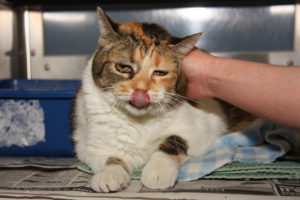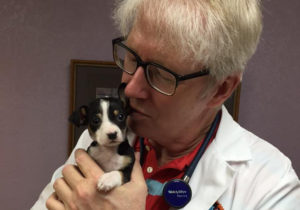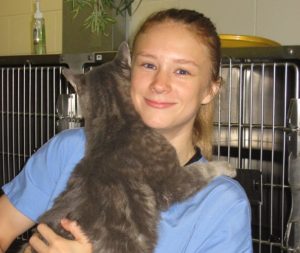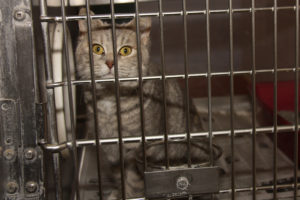Treating feline herpes: Getting it right
Feline herpesvirus is probably one of the most common causes of feline respiratory disease. How can animal shelters and rescue groups best treat it? In a recent study published in the August 2016 issue of American Journal of Veterinary Research, authors looked at the anti-viral drug famciclovir. Because of unique characteristics of the drug itself,… Learn More










